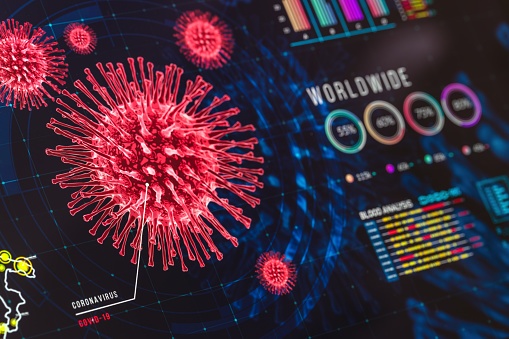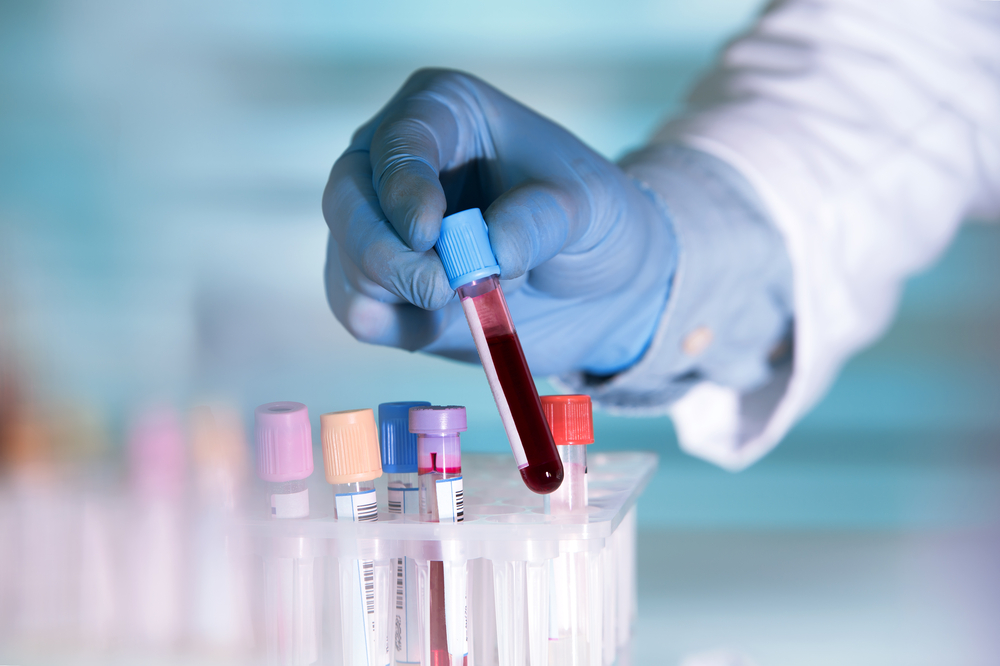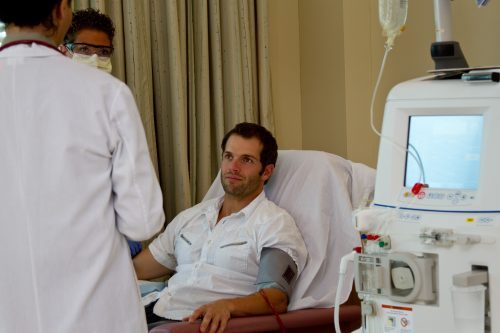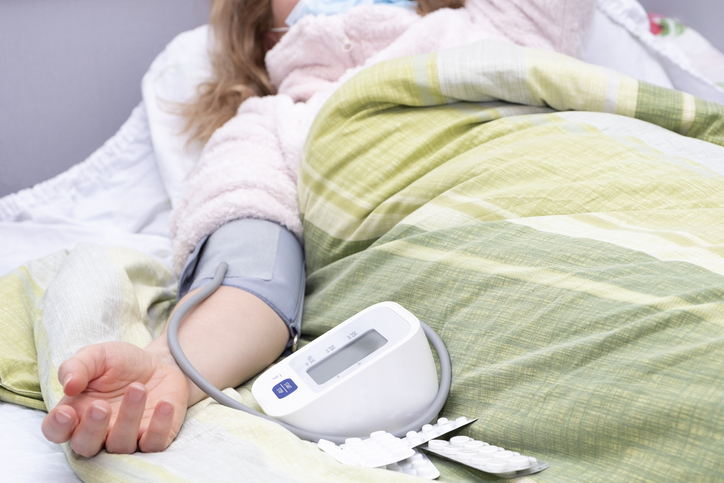
Patients who develop acute kidney injury (AKI) during SARS-CoV-2 infection face increased risk of morbidity and mortality. AKI can occur at any stage of infection with COVID-19; clinical judgment and awareness of AKI risk factors in combination with early detection and diagnosis are key in preventing short- and long-term complications in patients with AKI related to COVID-19.
Chantal Fortin, MScN, NNP, BScN, and Anne Boucher, MD, FRCPC, conducted a literature review to identify risk factors for AKI in patients with COVID-19. Results were reported in Nephrology Nursing Journal [2021;48(5):493-498].
Primary risk factors were pre-existing chronic kidney disease, obesity, and presentation with severe COVID-19. Patients who developed AKI during acutely severe disease had slightly worse outcomes than those with AKI without COVID-19. Certain genetic susceptibilities may also play a role in developing AKI in COVID-19.
Nurses can play a role in the detection, prevention, and treatment of AKI in patients with COVID-19. Care for patients and families in the context of COVID-19 and kidney injury can be optimized with the implementation of nursing interventions. Healthcare facilities can plan for resources needed due to the increased healthcare burden of survivors of AKI related to COVID-19.
The review includes recent data on how the virus causes kidney injury and offers nursing solutions to optimize care for patients with COVID-19-related AKI.







 © 2025 Mashup Media, LLC, a Formedics Property. All Rights Reserved.
© 2025 Mashup Media, LLC, a Formedics Property. All Rights Reserved.